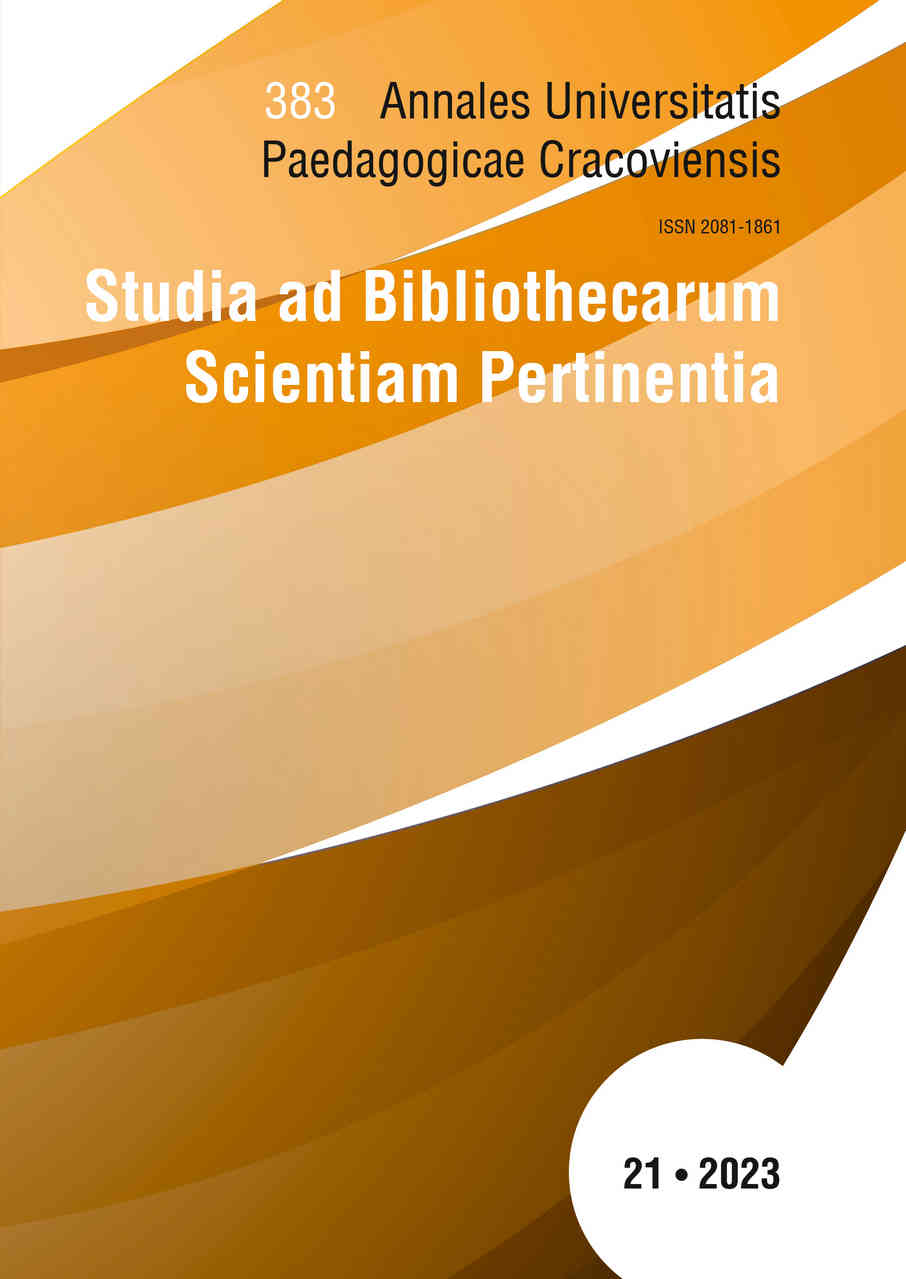Recepcja twórczości Stanisława Pagaczewskiego na łamach regionalnej prasy
Reception of Stanislaw Pagaczewski’s works in the regional press
Author(s): Angela Bajorek, Małgorzata ChrobakSubject(s): Cultural history, Social history, Polish Literature, Theory of Literature, Sociology of Literature
Published by: Wydawnictwo Uniwersytetu Komisji Edukacji Narodowej w Krakowie
Keywords: Stanislaw Pagaczewski; Krakow; press; reception; literature for children and teenagers; Polish literature under communism;
Summary/Abstract: The authors analyze the reception of the works of Stanislaw Pagaczewski - writer, reporter, journalist, and author of one of the most famous fantasy and fairy tale series for children and teenagers (Porwanie Baltazara Gąbki, 1966; Misja profesora Gąbki, 1975; Gąbka i latające talerze, 1979). An attempt was made to reconstruct the media image of the writer as well as changes in the reception of the trilogy about the adventures of the Wawel Dragon, which took place after 1989. The source material includes articles collected in the Provincial Public Library of Krakow, the Bibliography of Malopolska, and the Internet. During the communist period, the interest in Pagaczewski was associated with the premieres of new books, the television adaptation of Porwanie Baltazara Gąbki in the late 1960s., the 50th anniversary of Pagaczewski’s creative work (1983), and, finally, the writer’s death in 1984. At the time, a positive image of both Pagaczewski and his writing was established. After 1989, the image evolved to some extent as critics began to discover links between the trilogy and the political reality of Poland. Porwanie Baltazara Gąbki was considered a testament to the era, a manifestation of the “play with communism.” At the same time, Pagaczewski himself gained a reputation in the press as a contestant for totalitarianism.
Journal: Annales Universitatis Cracoviensis. Studia ad Bibliothecarum Scientiam Pertinentia
- Issue Year: 2023
- Issue No: 21
- Page Range: 267-288
- Page Count: 22
- Language: Polish

